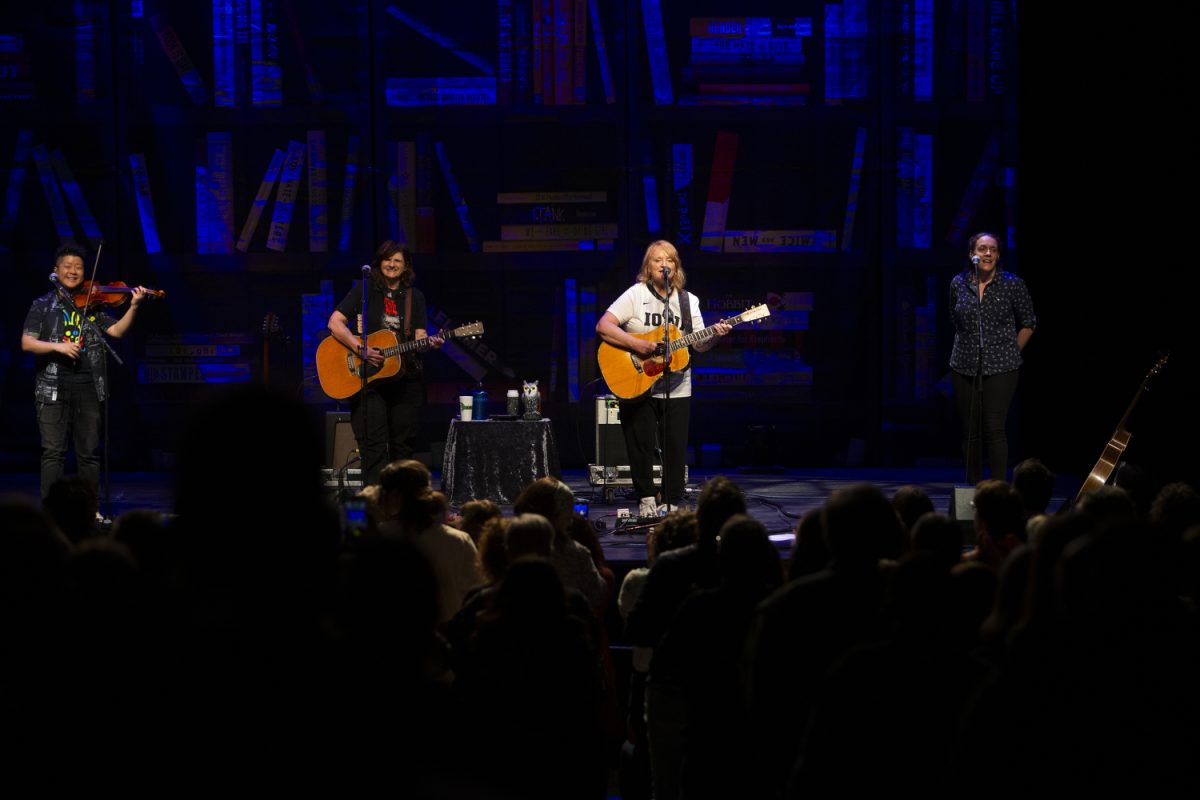Beer gets countless beer fests, and the Renaissance gets Renaissance festivals. Now, a 15th-century Indian weaver and poet named Kabir gets one, too, this weekend, when the UI hosts its first Kabir Festival.
Friday at 4 p.m., Stanford Professor Linda Hess will read from her translation of the Bijak, a collection of Kabir’s poems put together by members of various Indian religious sects, as well as his followers and admirers. She will also read from her soon-to-be released book on oral poetry, Singing Emptiness. The reading will take place at Prairie Lights Books, 15 S. Dubuque St.
“I became interested in India when I was about 16 years old,” she said. “It was very unusual in that era for a young person such as me to become interested in India. What sparked my interest was my American lit class in high school.”
Through readings of Emerson, Whitman, and Thoreau, Hess became interested in the meaning of human nature and consciousness, and that sparked her desire to learn more about India.
“I made a decision that I was going to go to India, and about five years later, I did,” she said. “When I was 21, I went [there] right after I finished my B.A. in English.”
What Hess had intended to be a one-year trip evolved into a two-year stay, during which she focused on learning the language and the poetry of the country.
“It was a live adventure,” she said. “It was great. It was full of all kinds of misadventures too, naturally.”
Her love of poetry ignited her passion for Kabir, as well as an appreciation of his frankness. What separates him from his counterparts is the way he speaks directly to his audience through his poetry, she said.
Kabir discussed “what it’s like for us to be committed to finding out the truth about ourselves and the world,” she said. “Other poets are mostly addressing God and expressing their emotional longings for the supreme one, but Kabir mostly addresses the listener.”
The controversial poet — Kabir was known for making fun of temples and mosques, among other things — largely remains a mystery, Hess said, simply because of the lack of hard facts about his life.
“We don’t know much about him as a historical character,” she said. “There were many legends that grew and increased over the centuries, because he was such a powerful figure, but solid historical evidence was very little.”
Universally accepted facts about Kabir include his being an oral poet who was both Hindi and Muslim and probably also illiterate and uneducated.
“He must have been a very, very charismatic figure in a time where there was a lot of religious diversity in the city where he lived, and he seems to have gotten away with it,” Hess said. “I think he attracted a lot of people from both [Hinduism and Islam]. From the legends, you can get was that there was tension.”
She loves exploring and feeling the language of Kabir’s poetry, she said.
“I love the translating because it’s like working with clay,” she said. “You go deep down into the material and then you work with it. I feel like I’m working something with my hands, but it’s working inside my body. The words, the language of the original poems, is something that is living in my body.”





